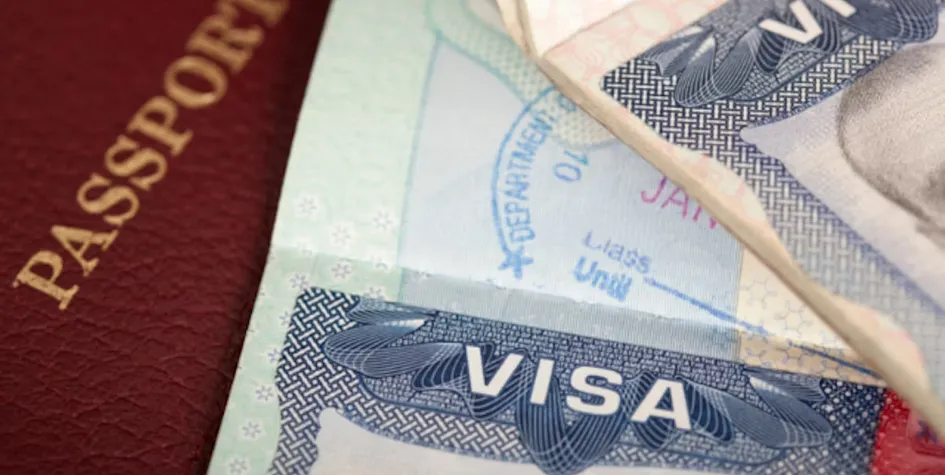Always up to date to find your dream job!
We only need a few personal details, thanks!
Although with Orientation visa for highly educated persons you can work freely in the Netherlands for any Dutch employer during the validity period of the Orientation visa, the first thing you need to check before applying for a particular job is whether an employer is in the IND Public Register Regular Labour and Highly Skilled Migrants.
A reason for this is that probably, as an Orientation visa holder your aim is to find a job in the Netherlands and get a new residence permit to continue working there after the end of Orientation year. Recognition as a sponsor is obligatory for employers to apply for a highly skilled migrant’s residence permit. Recognized sponsors benefit from a faster and easier application procedure for the employee's residence permit.
A tricky thing about an Orientation visa is that in my experience employers know very little or don’t know at all what an Orientation visa is. This is even true for big international companies. When I figured it out, I started explaining to employers that during Orientation year and as long as you keep working as a highly skilled migrant continuously, even if you turn 30 the reduced salary criterion applies to you. Every year IND publishes Reduced salary criterion, in 2021 income requirement is €2,497 gross per month. I also emailed this information along with respective links to the IND website to the employers after interviews and emphasized that it is fast and easy for the employer to apply for a new residence permit for me.
I have some tips to share about how to find a job in the Netherlands. Since I didn’t know Dutch yet, I made use of Indeed filters to find more suitable jobs. The thing is during my job search I discovered that many jobs have not obvious names and if you search using common job title keywords (e.g., lawyer, legal counsel in case you are looking for legal and/or law related jobs) you won’t find many other suitable jobs. That’s why every day I searched for jobs for the last 24 hours with job descriptions in English using respective filters. There will be quite a lot of jobs but it’s really worth to spend time scanning through all of them. This way you have high chances of finding a suitable job which you would never see if you search using common key words only. This is exactly how I found my Software Tester job.
When it comes to applying for jobs make sure that:
Remember that companies understand that there is no perfect candidate meeting each and every job requirement. Moreover, in my experience very often when I applied for jobs for which I met almost all requirements my applications were rejected from the beginning meaning I wasn’t even invited to the interview. But for jobs for which I met like 70% of requirements or even less I was invited to the interviews.
And last but not least, in case you didn't take out Dutch health insurance before you started a job in the Netherlands, remember the following. When you will be taking out Dutch health insurance inform the insurance company that your residence permit is Orientation year residence permit hence you are required to pay insurance premiums retroactively only from the start date of your job or internship, as per point 27 of official FAQ ‘Orientation year highly educated persons’ published by IND. In my case the insurance company just asked me to provide a signed employment contract.
I hope this article will help you to find a dream job in the Netherlands. Good luck!
Author bio:
Uliana Dzerzhinskaia
Software Tester, Swedish Institute Visby Programme Scholar (now Swedish Institute Scholarships for Global Professionals)
Social media platforms:
Get in touch or follow her on Linkedin or Instagram
Would you like to receive our Undutchables Newsletter? In this newsletter we will give you guidance on working in the Netherlands and working with internationals, let you know about upcoming events and share interesting articles. And do you wish to stay up to date about our latest vacancies? Subscribe now to our job alert and you will receive the newest vacancies straight into your inbox.

We only need a few personal details, thanks!
